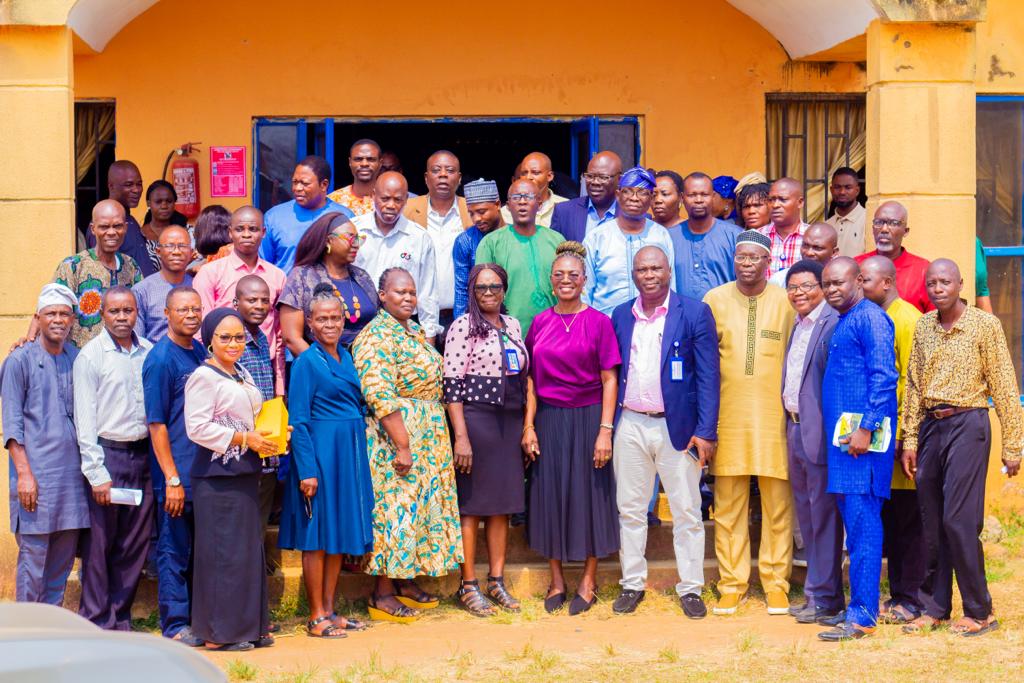In commemoration of Maolud Nabiyy, the birth of Prophet Muhammad (SAW), kakalistiq.com reports that Barrister Olayinka Oladunjoye, Federal Commissioner representing Lagos at the National Population Commission (NPC), has highlighted the profound influence of the Prophet’s teachings on modern population policies and social welfare.

Speaking on the importance of these principles in today’s world in an interview, Oladunjoye emphasized how the Prophet’s compassion towards women, children, and family planning has laid a foundation for contemporary approaches to population management and nation-building.
“Prophet Muhammad (SAW) demonstrated extraordinary care for women and children, advocating for their rights, welfare, and dignity at a time when these groups were often marginalized. His teachings on birth control and respect for life, including his guidance on honoring the dead, are centuries-old groundworks that continue to shape population policies and social frameworks globally,” Barr. Oladunjoye stated.
As the Federal Commissioner for Lagos at the NPC, Barr. Oladunjoye linked these ancient teachings to the work of the Commission, especially in its latest innovations aimed at improving population management. One of the notable recent developments is the integration of digital technology in birth and death registration, aimed at ensuring accurate data collection for effective planning and resource distribution.
As for the Prophet’s teachings on the respectful care of the dead in relation to the role of the NPC, “Prophet Muhammad (SAW) placed great emphasis on honoring the dead, with procedures that reflect dignity and respect. The NPC, through its death registration processes, ensures that each individual’s life is properly accounted for, allowing for accurate demographic records that assist in planning for national growth,” she said.
She reaffirmed the National Population Commission’s dedication to these principles, noting that they are at the core of its mission to drive sustainable development and nation-building through accurate data collection and population management.




